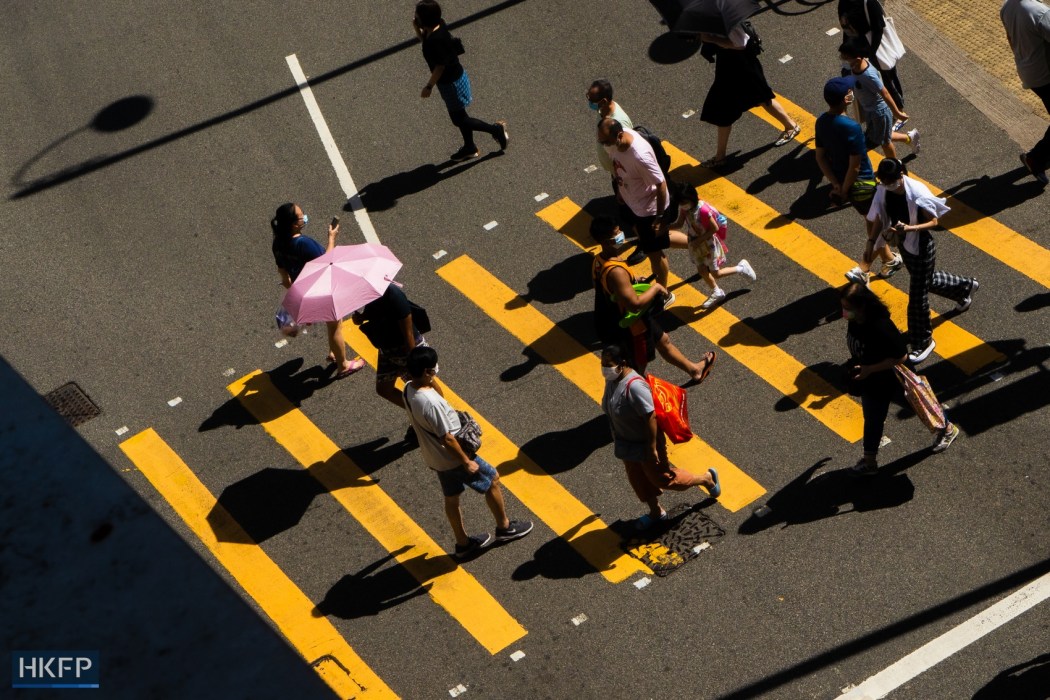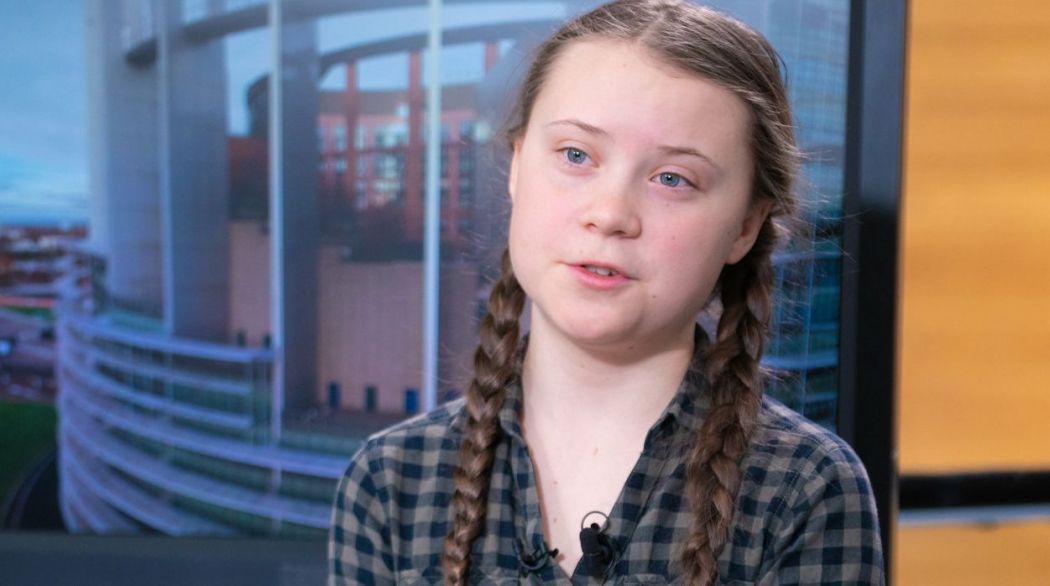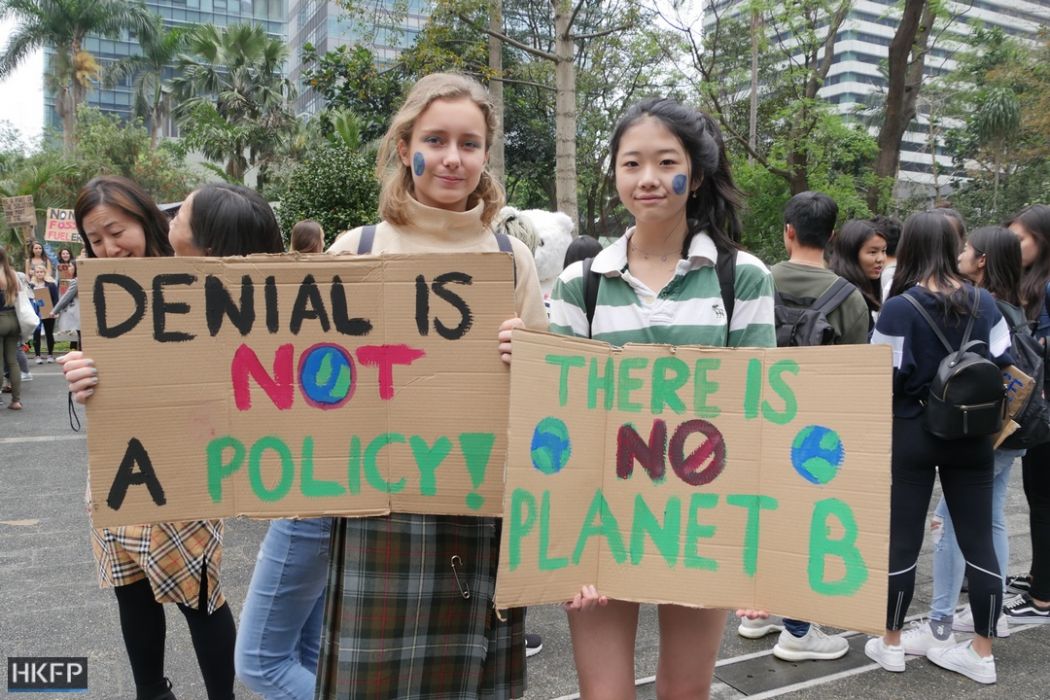While the world was watching the royal funeral and the Hong Kong police were advancing the fight against subversive harmonica music, one commentary caught my attention. The author wondered why the media were paying so much attention to the death of Queen Elizabeth II and so little to the pending death of the planet, which was announced at roughly the same time.
Well there was a whiff of republicanism about this – the author was Australian – and I am not sure that the coverage of the expired Queen was excessive. If you are going to have a King or Queen – which I certainly accept is optional and possibly not a good idea – you might as well recognise an outstanding performance in the role.

Also the funeral may have seemed a bit over the top, but it was a mere vestige of the ceremonies with which hereditary monarchs used to buttress their authority when they really had some.
Hapsburg Emperors, for example, had very elaborate funerary rites because they were buried in three different Vienna churches: the body in the crypt of the Capuchin church on New Market Square, the heart in the Augustinian Church next to the Hofburg Palace, and the guts in copper canisters under Saint Stephen’s Cathedral, where visitors of a ghoulish disposition can still see them.
So I do not begrudge the dear lady her parade. The point about the planet, though, is a good one.
It seems we are approaching, with no signs of serious braking, several points at which current climate problems – floods, fires, droughts – will be joined by much more serious manifestations of planetary indisposition.
Any day now, for example, the Greenland ice cap may slither bodily off the top of Greenland into the North Atlantic, producing an instant and drastic reduction in the amount of dry land available. Good news for some, bad for others. Residents in first-floor Tsim Sha Tsui flats will be able to step directly from their windows into their Uber gondolas. The shops below will be submerged.
This sort of thing ought to be occupying a lot of media space and it is worth wondering why it isn’t.

Clearly part of the problem is the way the news business works. Thoughtful journalists have known for a long time that there is a bias in favour of stories which fit the “news treatment,” which meant in the old days that they could be boiled down to 12 crisp paragraphs and now means that they will make the sort of splash on the internet usually reserved for appealing cat videos.
It is a commonplace these days that the news consumer is a fickle creature, who if not grabbed firmly by the first five seconds of your report/stream/video will wander elsewhere in search of more excitement. But it was always thus. The disproportionate attention lavished on the headline and the first paragraph of the printed news story was motivated by the fear that the reader who had not been hooked by them would swim away.
In search of things which work when presented in this breathless way the news business prefers events over processes, single events over developing ones, named individuals – preferably already known to our consumers – over abstract crowds like “mankind” or “the future.”

Climate change was not put on most people’s mental map by the Intergovernmental Panel on Climate Change – a voice crying in the wilderness for decades – but by Greta Thunberg. And yet most of us still sit paralysed: rabbits in the headlights of an oncoming catastrophe.
Of course we make changes. We fiddle with thermostats, switch on the “Eco” option which most cars seem to offer these days, experiment with meatless meat and fishless fish, recycle what can be recycled and reuse what can be reused … and then we blow our carbon savings by flying to Europe.
But I think the key to public apathy is that the danger is too big for individual efforts, heartwarming though they may be to those who make them. If scientists discover that onions are bad for you we can give up onions and look forward to longer, healthier lives. Giving up beef because it is climatically catastrophic seems like an empty gesture: the cow industry is a juggernaut which will roll on regardless of what an individual consumer does.
Saving the planet, in short, is a collective problem which requires collective action. So the important question we have to ask is: what is Hong Kong as a territory with some control over its environmental impact doing to reduce it?

And the short answer, alas, is not very much, or at least not very much in proportion to the magnitude of the threat, which could in a decade or two make Hong Kong uninhabitable, at least in the summer, even if most of it has not been submerged.
Climate change did not feature conspicuously in the chief executive’s election campaign and it doesn’t seem to have been much on his mind since then. Legislative Council seems to be drifting towards a bigger plastic bag levy. We are going to be charged for rubbish collection, but that owes more to a shortage of landfill than to a desire to reduce waste.
Hong Kong Electric has had a toy windmill on its building in Wan Chai for years, and seems to have concluded from the experience that Hong Kong wind is not suitable for power generation.
Every year or two we get another story about an electric bus which a bus company is experimenting with. Somehow these buses all come … and go. Electric taxis? Don’t hold your breath.
Or rather, do hold your breath – the air pollution was so bad last week that on some days you could not see Ma On Shan from Fotan.
Our priorities do not seem to fit the circumstances. What is required, I submit, is some variation on panic. “Security” is all very well. But if your house is on fire then the danger of burglary should not be your first concern.
Support HKFP | Policies & Ethics | Error/typo? | Contact Us | Newsletter | Transparency & Annual Report | Apps
Help safeguard press freedom & keep HKFP free for all readers by supporting our team
| HKFP is an impartial platform & does not necessarily share the views of opinion writers or advertisers. HKFP presents a diversity of views & regularly invites figures across the political spectrum to write for us. Press freedom is guaranteed under the Basic Law, security law, Bill of Rights and Chinese constitution. Opinion pieces aim to point out errors or defects in the government, law or policies, or aim to suggest ideas or alterations via legal means without an intention of hatred, discontent or hostility against the authorities or other communities. |

More HKFP OPINION:
HKFP has an impartial stance, transparent funding, and balanced coverage guided by an Ethics Code and Corrections Policy.
Support press freedom & help us surpass 1,000 monthly Patrons: 100% independent, governed by an ethics code & not-for-profit.










